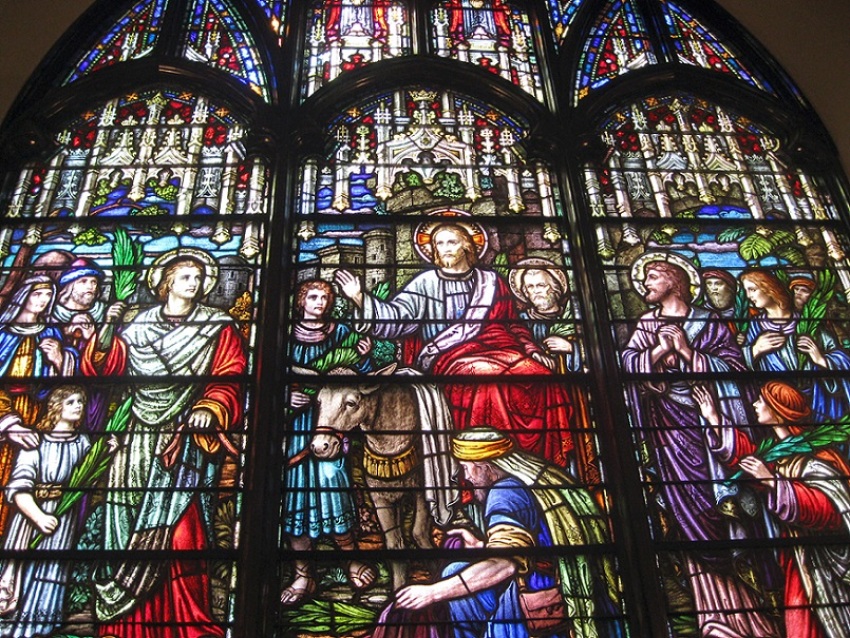Texas Supreme Court rejects The Episcopal Church's motion to keep breakaway diocese property

The Texas Supreme Court has once again rejected an effort by The Episcopal Church to secure the property and assets of a diocese that broke away over theological differences.
For the past several years, the Episcopal Diocese of Fort Worth has been engaged in a legal battle against the Episcopal Church over the property and assets of the regional body.
In an order released Tuesday, the state’s highest court rejected a motion for Emergency Temporary Relief, allowing an earlier ruling against the mainline Protestant denomination to be implemented.
As a result, The Episcopal Church has to surrender all financial accounts, property and records that it had removed from the diocesan properties that formerly were part of the denomination.
“Today’s rejection is the third loss for Episcopal Church parties in the state Supreme Court and permits enforcement of the judgment to continue,” noted the Fort Worth Diocese in a statement.
In 2008, a majority of the Fort Worth Diocese voted to leave The Episcopal Church over the increasingly progressive theological views of the denomination, especially the ordination of the denomination’s first openly gay bishop, the Rev. Gene Robinson.
Litigation over who rightfully owned the property and trademarks of the diocese ensued, with The Episcopal Church arguing that it rightfully held the properties and assets via the Dennis Canon, a measure labeling all church properties as being held in trust for the benefit of the national denomination.
In April 2018, the Fort Worth Court of Appeals ruled in favor of the national denomination, concluding that state law did not guarantee that the diocese could take their property with them when leaving the denomination.
“Individual members of a parish may decide to worship elsewhere; a majority of individual members of a parish or diocese may decide to do so. But when they leave, they are no longer ‘Episcopalians’ as identified by TEC; they become something else. And that something else is not entitled to retain property,” stated the appeals court ruling.
In May 2020, however, the Texas Supreme Court ruled against the national denomination, arguing that the Dennis Canon did not apply to the breakaway diocese, given internal developments.
Justice Eva Guzman authored the opinion of the court, concluding that changes made to the Diocese’s Constitution and Canons in 1989 prevented the Dennis Canon from being applied.
“While it is true, as TEC says, that the diocese’s organizational documents prohibited the adoption of canons inconsistent with the national church’s constitution and canons, revocation is not inconsistent with a revocable trust,” wrote Guzman.
“Moreover, in the twenty years between revocation and eruption of a dispute over the property, TEC lodged no objection to the amended canon and does not now contend the 1989 amendment is invalid for any other reason than purported ‘inconsistency.’”



























